News
Visa expands stablecoin settlement with Solana
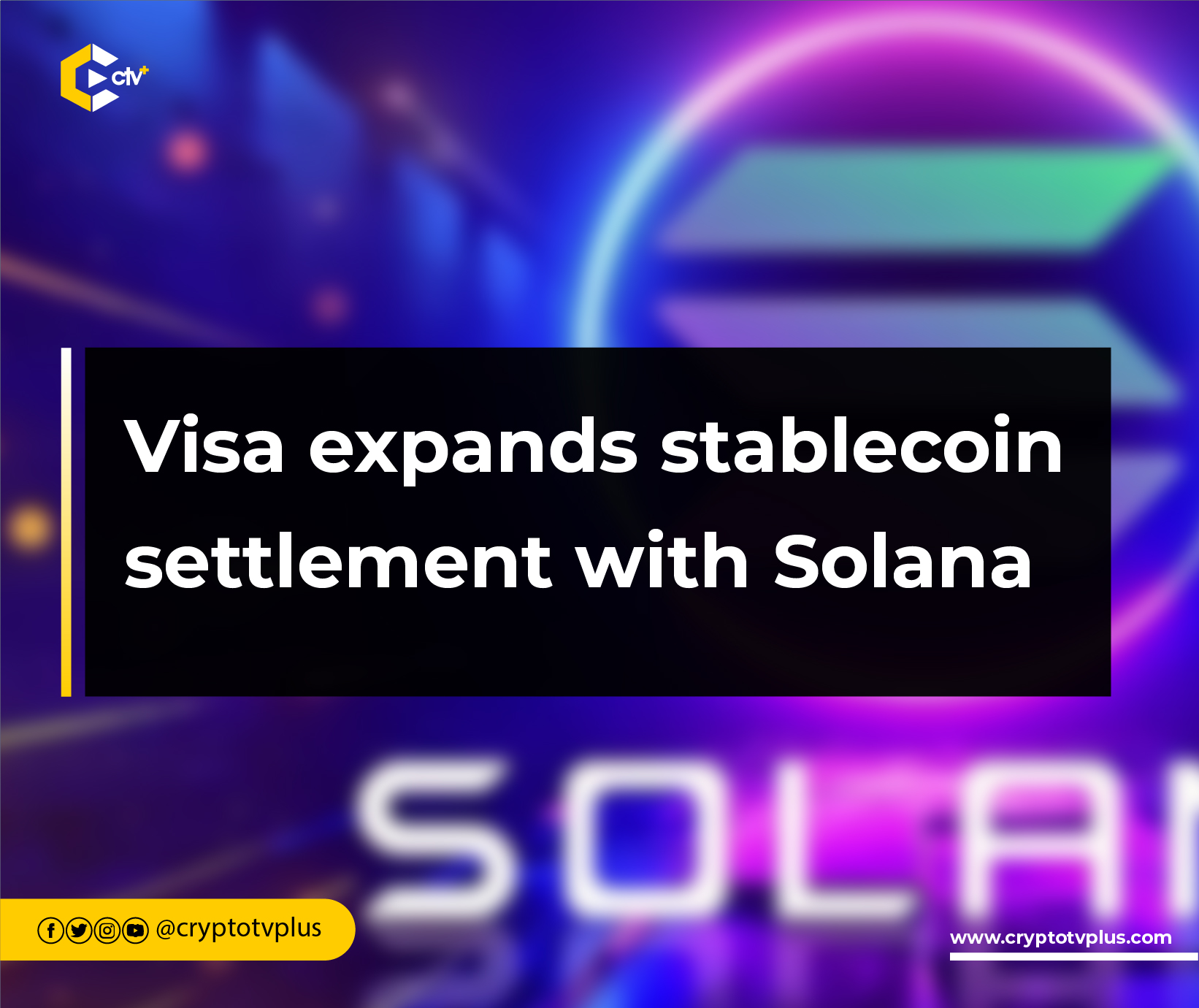
In a recent announcement, Visa revealed its plans to extend its stablecoin USDC settlement pilot by incorporating the Solana blockchain. This move will provide Visa issuers and merchant acquirers on the Solana network with access to enterprise-grade throughput, effectively reducing transaction costs and enhancing decentralization.
Visa’s decision to choose Solana as the preferred layer one blockchain was motivated by its dedication to decentralization, low transaction costs, high throughput, and rapid settlement times.
By integrating Solana into its settlement pilot program, Visa aims to improve the speed and cost-effectiveness of its settlement processes. This expansion is a significant step towards unlocking the full potential of blockchain technology within the financial services sector.
The primary advantage of this integration lies in its ability to achieve enterprise-grade throughput while maintaining low costs. Through embracing Solana, Visa demonstrates its commitment to providing innovative and cost-effective solutions to its issuers and acquirers.
This innovation is expected to revolutionize payment processing and settlement procedures, bringing greater efficiency and convenience to Visa’s stakeholders.
Visa’s settlement pilot program has expanded to include Worldpay Global and Nuvei as merchant acquirers, in addition to their existing partnership with Solana. This move highlights Visa’s recognition of the increasing demand for secure and efficient decentralized blockchain infrastructure in the payments industry.
The incorporation of Solana into the pilot program signifies the growing acceptance of stablecoins like USDC as important elements within the traditional financial system. The seamless integration of blockchain technology into existing financial systems is pivotal in boosting efficiency, transparency, and security.
Following suit, PayPal is also venturing into decentralized innovations by launching its $PYUSD stablecoin and introducing the Cryptocurrency Hub.
This trend of bridging traditional finance with decentralized technologies aims to provide users, clients, and merchants with enhanced productivity, reduced fees, and improved user experience.
Given Visa’s extensive reach, the adoption of blockchain technology may witness a significant surge as the pilot program evolves and incorporates cutting-edge blockchain solutions.
Visa’s ongoing commitment to blockchain research serves as further evidence that decentralized ledger technology is not merely a passing trend but has the potential to fundamentally redefine international money transfer processes.
Read also: Binance launches ColLabs: an exclusive Web3 Investment community
What do you think of this article? Share your thoughts below.



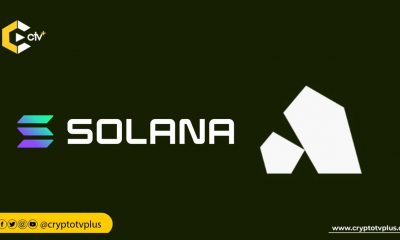



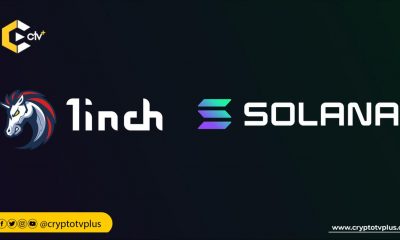



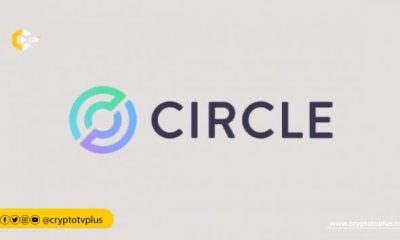

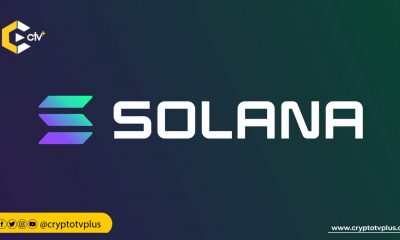











Pingback: Visa expands stablecoin settlement with Solana by Gabriel Ohalete – CryptoTvplus Events: NFT, DeFi, Bitcoin, Ethereum, Altcoin Events